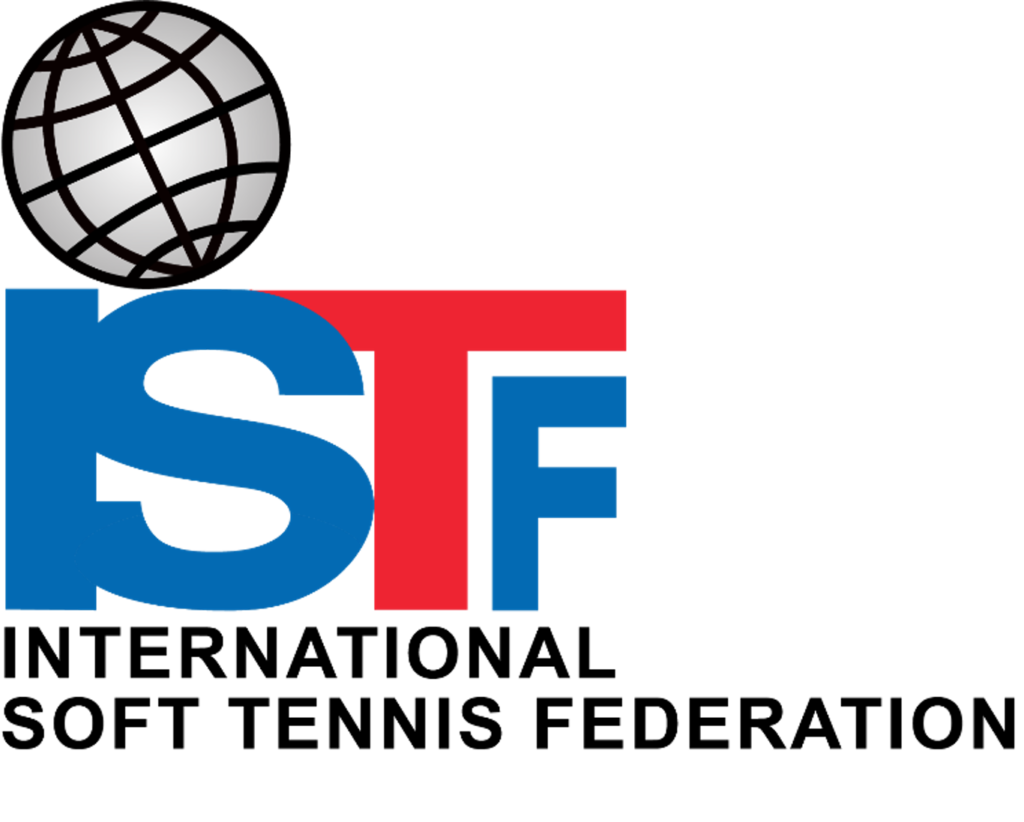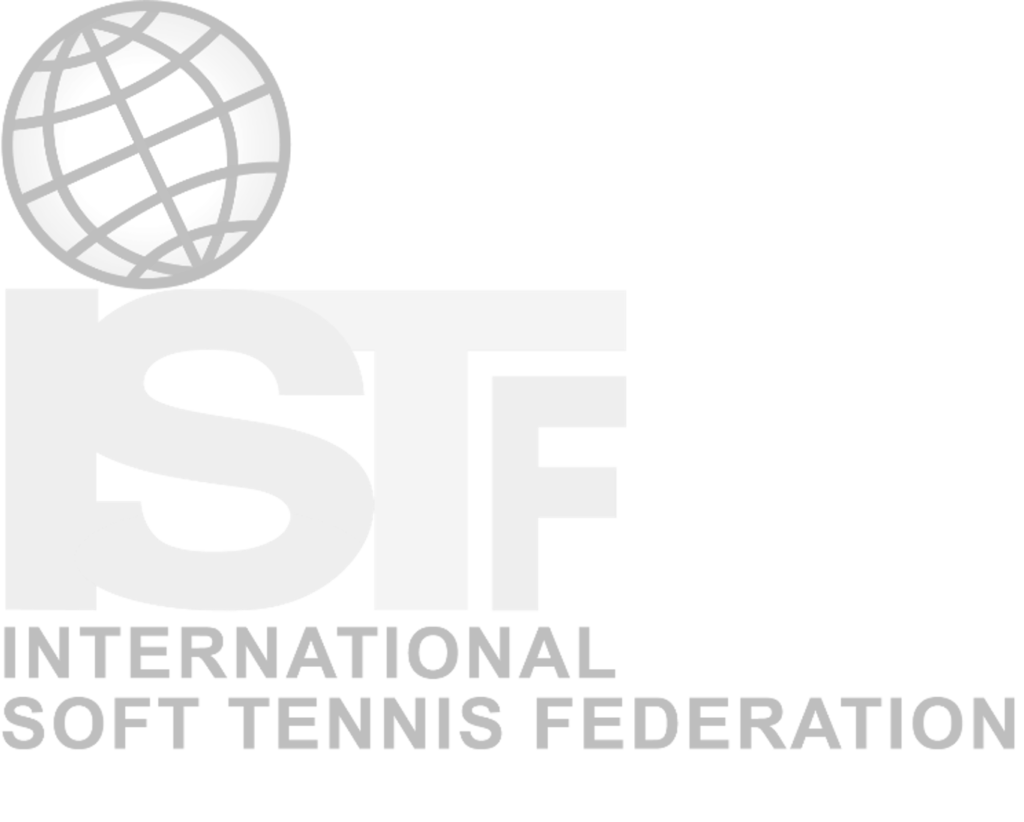- Home
- Commission Roles & Structure
Commission Roles & Structure
General Affairs Commission
Formulate policy frameworks and operational protocols to underpin the governance and administrative excellence of the ISTF.
Coordinate the seamless integration of functions across various ISTF departments, ensuring organisational coherence and efficiency.
Uphold and enforce compliance with international, federal, and local statutes, safeguarding the ISTF’s legal and ethical integrity.
Administer the central administrative apparatus of the ISTF, guaranteeing a robust and responsive organizational infrastructure.
International Relations Commission
Architect strategic alliances and fosters partnerships with global sports entities to enhance the ISTF’s international presence and cooperation.
Advocate for the ISTF’s interests within international sporting circles, elevating its profile and influence on the world stage.
Orchestrate the execution of international soft tennis initiatives, ensuring cultural sensitivity and alignment with global sports diplomacy.
Manage cross-border communications, nurturing the ISTF’s global network and promoting international soft tennis development.
Competition Management Commission
Direct the comprehensive planning and execution of ISTF-sanctioned tournaments, assuring world-class standards in competition management.
Codify competition regulations and supervises their uniform application, preserving the integrity of the sport.
Liaise with local organizing committees to deliver logistical precision and operational excellence at ISTF events.
Adjudicate competition-related grievances and oversees the maintenance of official records, ensuring transparency and historical accuracy.
Jury Commission
Curate a cadre of elite jury members, ensuring their impartiality and expertise in adjudicating ISTF-sanctioned events.
Guarantee the uniform application of judging standards, reinforcing fairness and objectivity in competition outcomes.
Evaluate judging methodologies and addresses appeals, upholding the ISTF’s commitment to just and equitable sporting practices.
Manage registry of qualified jurors, facilitating their strategic deployment across ISTF competitions.
Public Relations Commission
Design and implements the ISTF’s strategic communication plan, promoting its mission, vision, and values to a global audience.
Conduct proactive media relations and serves as the official voice of the ISTF, crafting narratives that resonate with diverse stakeholders.
Bolster the ISTF brand through dynamic public engagement initiatives and multimedia content dissemination.
Activate community and fan interaction, solidifying the ISTF’s reputation as a fan-centric and approachable international sports federation.
Technical Commission
Preside over the development of technical specifications for soft tennis equipment and infrastructure, ensuring adherence to the highest standards.
Monitor and integrate technological advancements to elevate the competitive environment and spectator experience.
Deliver technical oversight for ISTF events, certifying that technical requisites are meticulously fulfilled.
Certify that competition venues and equipment comply with ISTF technical standards, endorsing athlete safety and fair play.
Disciplinary & Merit Awarding Commission
Enforce the ISTF’s code of conduct, conducting fair and transparent disciplinary proceedings to preserve the sport’s integrity.
Investigate ethical violations and render judgements, ensuring that disciplinary actions reflect the ISTF’s commitment to sportsmanship.
Construct criteria for merit-based recognition and administers awards, celebrating excellence within the international soft tennis community.
Coordinate recognition ceremonies, acknowledging the achievements and contributions of individuals to the sport.
Medical Commission
Establish comprehensive medical guidelines and ensure the provision of exemplary medical care at ISTF events.
Oversee the implementation of robust health and safety protocols, prioritizing athlete welfare.
Direct anti-doping initiatives, fostering a culture of clean competition and overseeing compliance with the World Anti-Doping Code.
Implement cutting-edge medical and preventative care programs, maintaining the health and peak performance of athletes.
Ranking Management Committee
Develop and administer the ISTF’s official ranking system, maintaining a credible and transparent measure of athlete performance.
Regularly review and refine ranking criteria, ensuring that the system accurately reflects the competitive landscape.
Publish authoritative ranking update, providing clear and current performance metrics.
Resolve ranking disputes, ensuring equitable treatment of all athletes in the determination of their standings.
Doping Control Commission
Architect and administer the ISTF’s anti-doping policy, aligning with global anti-doping regulations to ensure the integrity of the sport.
Coordinate comprehensive doping control programs, including in- and out-of-competition testing, to deter and detect prohibited substance use.
Manage the adjudication process for doping offences, ensuring due process and consistency in sanctions.
Collaborate with international anti-doping bodies, contributing to the global effort to uphold clean sport practices.


